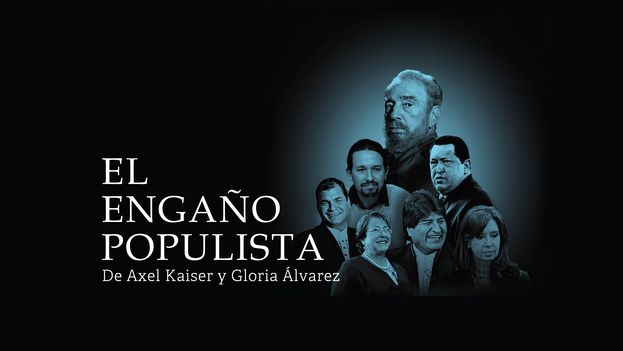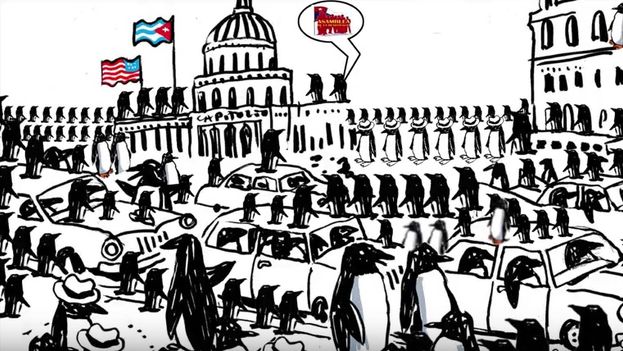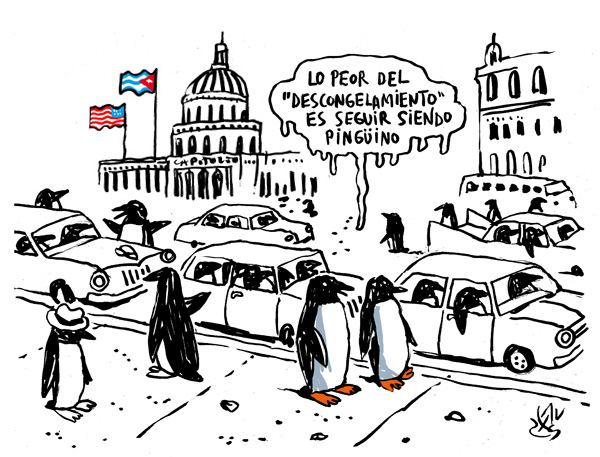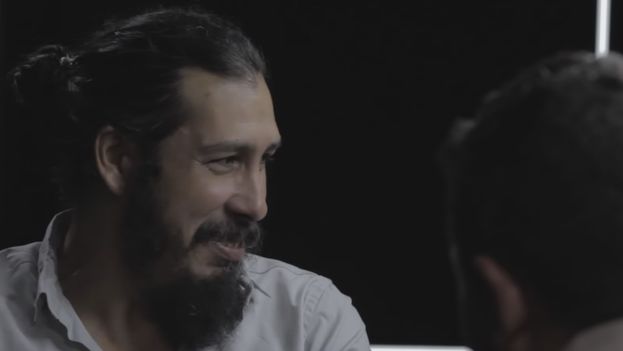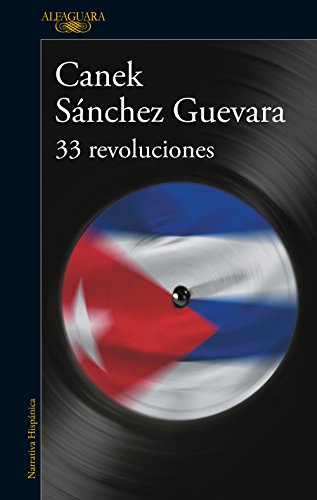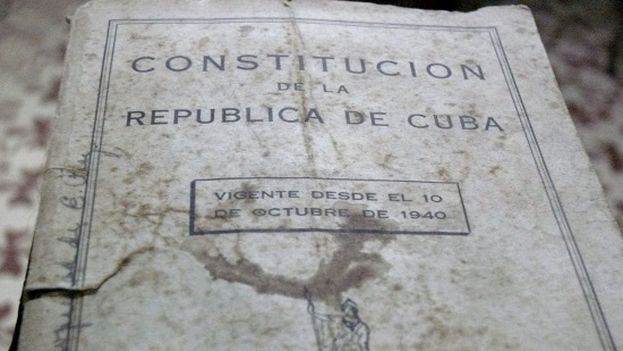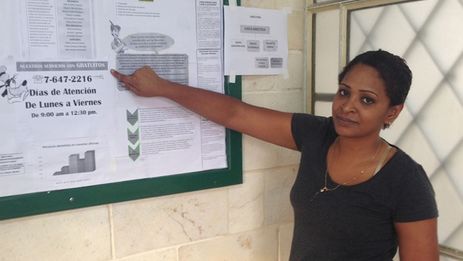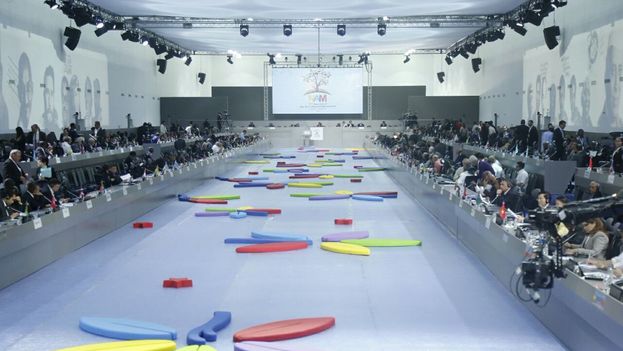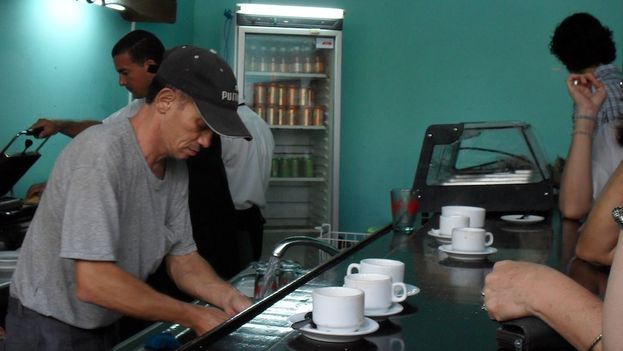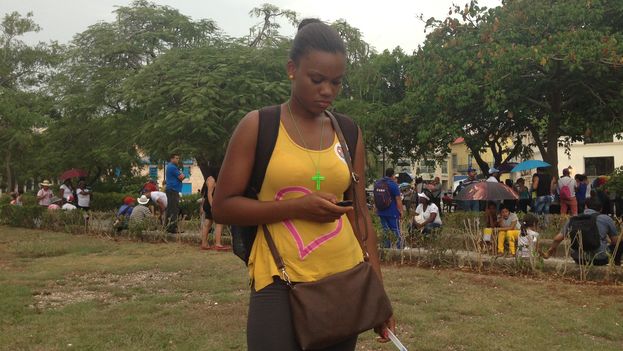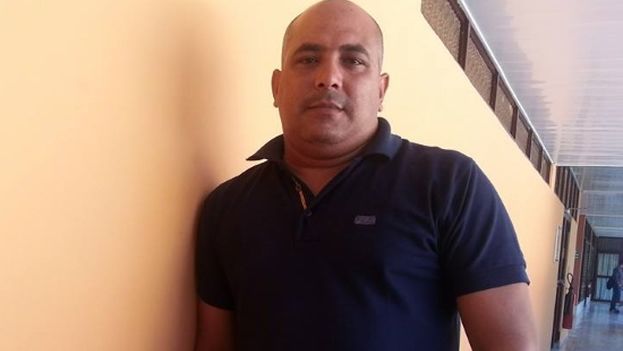
![]() 14ymedio, Reinaldo Escobar, Havana, 3 November 2016 — Oggún is one of the orisha warriors of the Yoruba pantheon, but a tractor that bears his name is losing the battle for the Cuban market. The Cleber firm has failed to establish itself in Cuba, although a year ago it was heralded as the vanguard of US investments in the island.
14ymedio, Reinaldo Escobar, Havana, 3 November 2016 — Oggún is one of the orisha warriors of the Yoruba pantheon, but a tractor that bears his name is losing the battle for the Cuban market. The Cleber firm has failed to establish itself in Cuba, although a year ago it was heralded as the vanguard of US investments in the island.
The tractors designed by Saul Berenthal and Horace Clemmons jumped to the front pages of the newspapers as a symbol of the economic rapprochement between Cuba and the United States. However, at the International Fair of Havana (FIHAV) it has been announced that the project was terminated for not having met “the requirements of technological innovation” required for the Mariel Special Development Zone (ZEDM). continue reading
In the halls of the fair contrasts abound. Officials dressed in impeccable guayaberas smile and encourage the exhibitors to showcase their products. The number of delegations has grown this year and Japan has come with its sophisticated equipment from Panasonic. But one also gets the feeling that the trade event is a useless showcase without concrete results.
What happened with the Oggún tractors recalls other cases in which expectations of doing business on the island have remained intentions or headlines. A situation that contradicts the economic emergency in the country, where the economic growth forecast for this year has fallen below 1% and there is a need to attract foreign capital at a rate of two billion dollars a year.
The process of investment is marked by slowness and timidity. So far, the ZEDM has only laid the first stone of the joint venture to produce Brascuba cigarettes, formed by Brazil’s Souza Cruz company and Cuba’s Tabacuba. If they meet their objectives, it will be the end of 2018 before the industry produces 15 billion cigarettes a year.
Among business groups, frustration and impatience is growing. “They don’t know how to do business, everything goes very slowly and many have become tired of waiting,” a businessman of Cuban origin based in the United States commented outside the ExpoCuba fairgrounds, on one of his occasional visit to Cuba. “I’m about to throw in the towel,” he added.
“They promise a lot, but little has materialized after two years,” he explained, under conditions of anonymity. He notes that he came looking for “something more than words.” After several months of exploring the opportunity to position his firm in the domestic market, the entrepreneur believes that “it is still cheaper and faster to install a factory in Mexico or in Jamaica. What would be the advantage of doing it here?”
In his speech to present the new version of the Business Portfolio, Foreign Trade Minister Rodrigo Malmierca Diaz, was forced to chase away the fears: “Foreign investment is not a necessary evil, we want it for the country’s development. It is a sovereign decision of Cuba that no one is imposing on us, we are doing it because we are committed.”
However, the ideological discourse of recent weeks has risen in tone and become more belligerent against the US administration. Television alternates reports in which there is talk about investment, businesses and joint ventures, with other material in which capitalism is demonized and the neighbor to the north is accused of “overthrowing” the Cuban system.
“Companies complain, with reason, that the negotiations need to be sped up,” Malmierca admitted to the investors. However, the slowness is also established in Guideline 64 approved by the 8th Communist Party Congress, where it establishes that “who decides is not negotiable” in international economic relations.
The Cuban officials attending FIHAV can appear to be in the best mood, with the widest smiles and business cards filled with responsibilities, but the foreign entrepreneurs know they are powerless intermediaries without the ability to make any decisions. Their task is simply to explore the proposals and generate illusions among the people they speak with.
It is not only bureaucratic sluggishness that makes investors lose momentum. “The dual currency system and the state monopoly over payrolls* are discouraging many people,” a Guatemalan businessman attending FIHAV explained to 14ymedio. “We are not used to not being able to contract directly* with our own personnel,” added the visitor.
The restoration of relations between Cuba and the United States has been one of the main causes of the flood of entrepreneurs who have visited the island in the last two years, but that undeniable push does not constitute a source of permanent energy. Every day that the Cuban government fails to take advantage of the momentum from the rapprochement between the two neighbors, it drags the country towards economic inertia and sinks it in failure.
*Translator’s note: The Cuban government acts as the employer in this situation, hiring the workforce, assigning individuals to jobs, and collecting the wages for their work. In exchange for this ‘service’ the government retains a large share of the wage income, passing on only relatively small portion to the workers. International firms are not accustomed to working in an environment where they have no ability to choose their own workers or to motivate them through the incentive of salaries.

